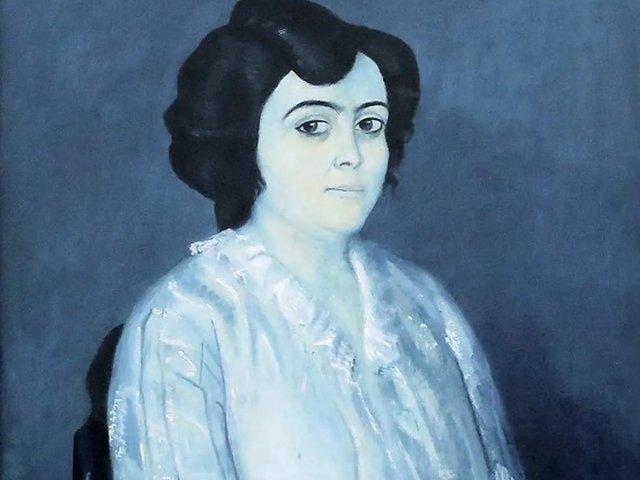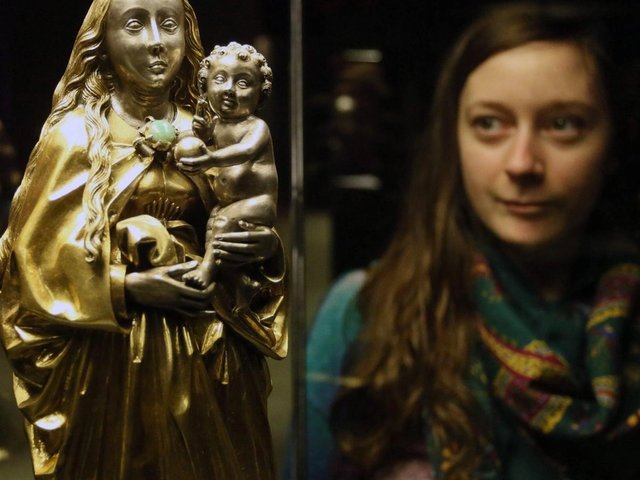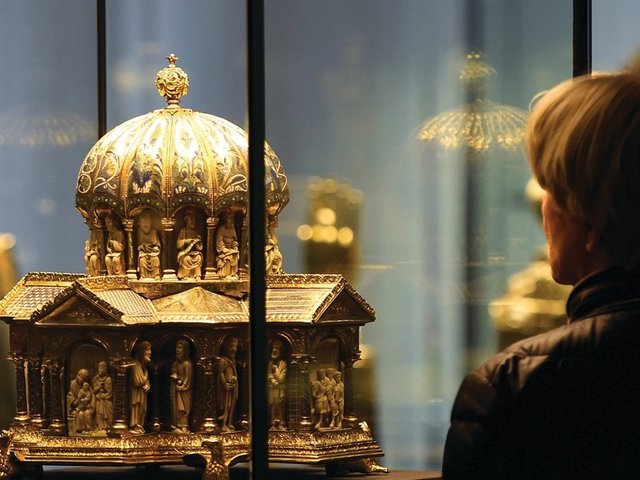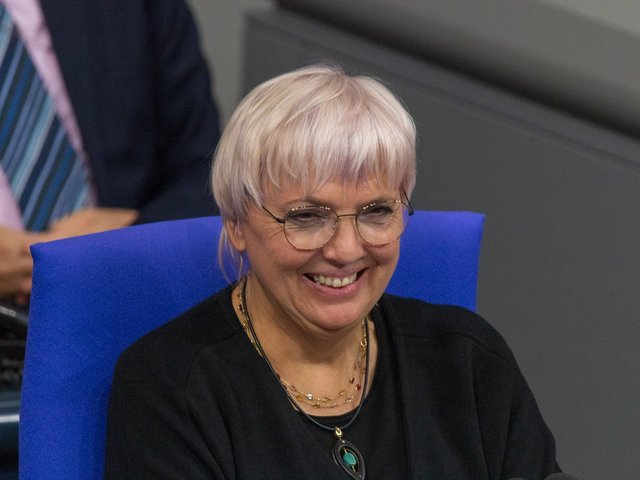Germany’s incoming government said it plans to improve the framework for restituting Nazi-looted art by eliminating statutes of limitations, creating a central court to handle cases and strengthening the advisory commission that deals with claims in public collections.
The plans were set out in the coalition agreement presented yesterday in Berlin by leaders of the Social Democrats, Greens and Liberal Democrats. The three parties, which together won a majority in September’s election, are forming a government to be led by Olaf Scholz, who succeeds Angela Merkel as chancellor. The new government expects to take office in about two weeks.
Though thin on detail—as is often the case with coalition agreements—the pledge is a good sign for claimants to art lost due to Nazi persecution, says Ulf Bischof, a Berlin-based art lawyer. “In principle, it’s positive,” he says. Eliminating the statutes of limitations that currently block claims in court, in particular, “could be a real game-changer,” he says. “It’s one important barrier, although it’s not the only one.”
The hurdles for claimants in pursuing Nazi-looted art in private German collections came under the spotlight after the hoard of art hidden in Cornelius Gurlitt’s Munich apartment seized headlines in 2013.
Although the descendants of Jewish collectors had been searching for some of the art in his cache for decades, they would have had little success in pursuing a claim in court because of statutes of limitation and other barriers.
Under enormous media pressure, Gurlitt agreed to restitute looted works voluntarily. Still, it was clear to the authorities that other private individuals whose caches of looted art could come to light in future might not be so easily swayed.
So some German states initiated legislation aimed at making it easier for the descendants of Jewish collectors to recover art expropriated by the Nazis. But the draft law, which foresaw an elimination of statutes of limitation, was never approved by the cabinet because of constitutional concerns about retroactive legislation.
Matthias Weller, a professor of art law at Bonn University, says he welcomes the prospect of a single court to handle Nazi-looted art claims. Given the complexity of the subject, specialised judges would be better equipped to examine such cases than a general court, he says.
The plan to strengthen the government advisory commission on Nazi-looted art was welcomed by Hans-Jürgen Papier, the chairman of the panel and a former president of Germany’s constitutional court, who said in a statement that he looks forward to working with a new culture minister. The minister has yet to be named, but will be a member of the Green Party.
The coalition agreement stopped short of spelling out how it will bolster the commission, which mediates in claims for looted art in public collections. Weller suggests the government could enable the commission to consider cases at the request of the claimant only, without requiring the current possessor’s permission. Currently, both sides must agree before a claim can be submitted to the commission.
The coalition’s plans are recognition “that we are not yet where we should be,” Weller says, adding that he would welcome more comparisons with Nazi loot restitution frameworks in neighbouring countries include France, the UK and Austria.






